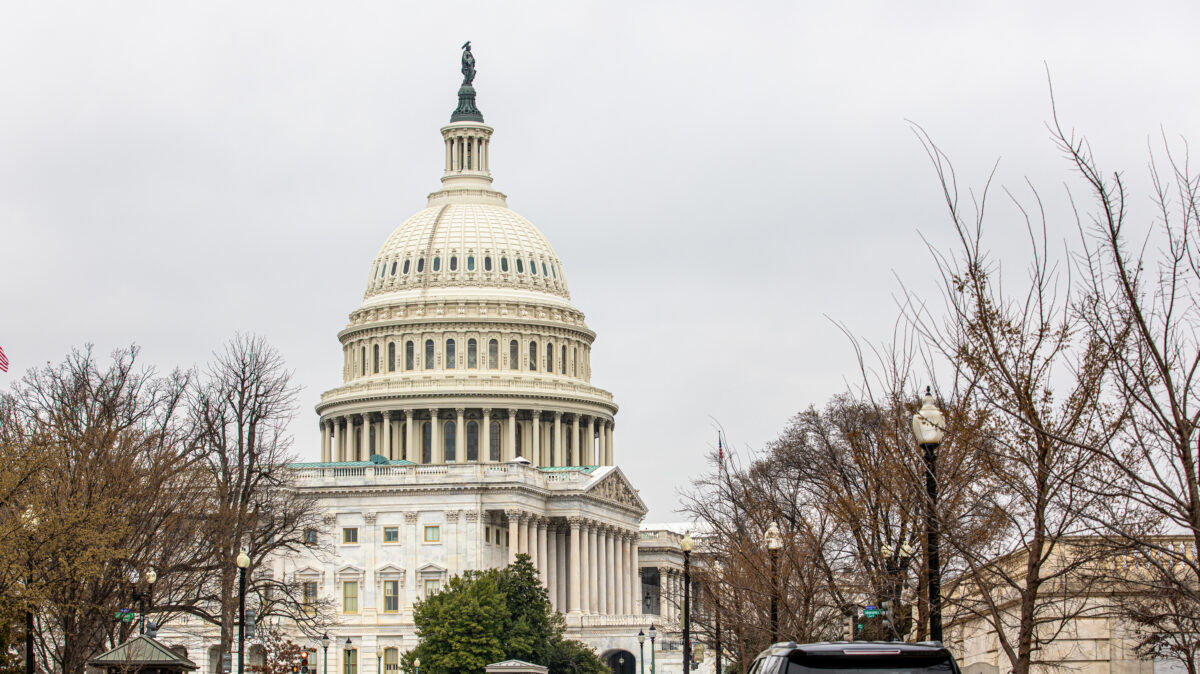Paving the Way for Regulatory Reform in 2017
Guest Author
Special Contributor to FB.org

photo credit: AFBF Photo, Philip Gerlach
Guest Author
Special Contributor to FB.org
By Paul Schlegel
While most attention these days is focused on the incoming Trump administration, don’t expect members of the 115th Congress to be bystanders once they are sworn in on Jan. 3, 2017. We expect major legislation designed to curb overreaching regulations like the Waters of the United States rule will be near the top of the agenda.
The American Farm Bureau Federation’s new white paper, “Regulatory Improvement and Reform: A Priority for American Agriculture,” already endorsed by 53 separate agricultural organizations, can help light the way. We recently submitted the legislative blueprint to the Trump transition team, as well as to congressional leaders and staff. It follows months of discussion that began when the AFBF Board of Directors made regulatory reform a strategic priority at the 2016 Annual Convention.
We held presentations and discussions on the topic at the Advocacy Conference in February and at our legal and environmental issues conferences in May. During the summer, state Farm Bureau staff volunteered time and expertise to identify specific reforms AFBF should seek. All those efforts culminated in the AFBF-drafted white paper.
AFBF has some hard-earned experience on this topic. The years-long efforts of state Farm Bureaus and individual grassroots members on the WOTUS rule gives us a leg up in convincing members how rule-making should not proceed. In the WOTUS rule, the Environmental Protection Agency misread congressional intent as well as the Supreme Court’s Rapanos decision, which most legal observers agree is the most important court ruling yet regarding the limits of EPA jurisdiction.
EPA’s conduct was egregious. Officials failed to provide transparency and failed to consult with states as envisioned in the Clean Water Act. Astonishingly, EPA finalized the rule before it had even finalized its scientific study. It used dubious economic calculations, and the Office of Advocacy with the U.S. Small Business Administration even pointed out the agency had violated its obligations to gauge the impact on small businesses. Perhaps most flagrantly, the agency overstepped its bounds with a social media campaign designed to obscure widespread opposition and predetermine the outcome of the proceedings. The agency’s misconduct was so striking that the U.S. Government Accountability Office declared that EPA violated the Anti-Deficiency Act by engaging in unlawful conduct.
Farmers and ranchers want sound science and transparency to be the hallmark of regulations. We want to see costs and benefits utilized in rule-making.
We want Congress to take a greater role in the process by having an up-or-down vote on major regulations. And when an agency is sued, we do not want judges simply to defer to an agency’s interpretation of the law or its own regulations.
We will be seeking other reforms as well, including reform of the Equal Access to Justice Act; a minimum 60-day comment period for commenting on regulations; and coordination between EPA and the Agriculture Department on regulations affecting agriculture. Throughout this process, we will be advising lawmakers on the hard lessons learned from the WOTUS rule-making – foremost among them preventing agencies from using social media to distort public perceptions of pending proposals and not having courts defer to agency interpretations.
We expect major legislation to be introduced and considered by the House early in 2017 and we will be working hard to gather the 60 votes necessary in the Senate to enact meaningful reforms by the end of the year.
Paul Schlegel
Vice President, Public Affairs
Top Issues
VIEW ALL